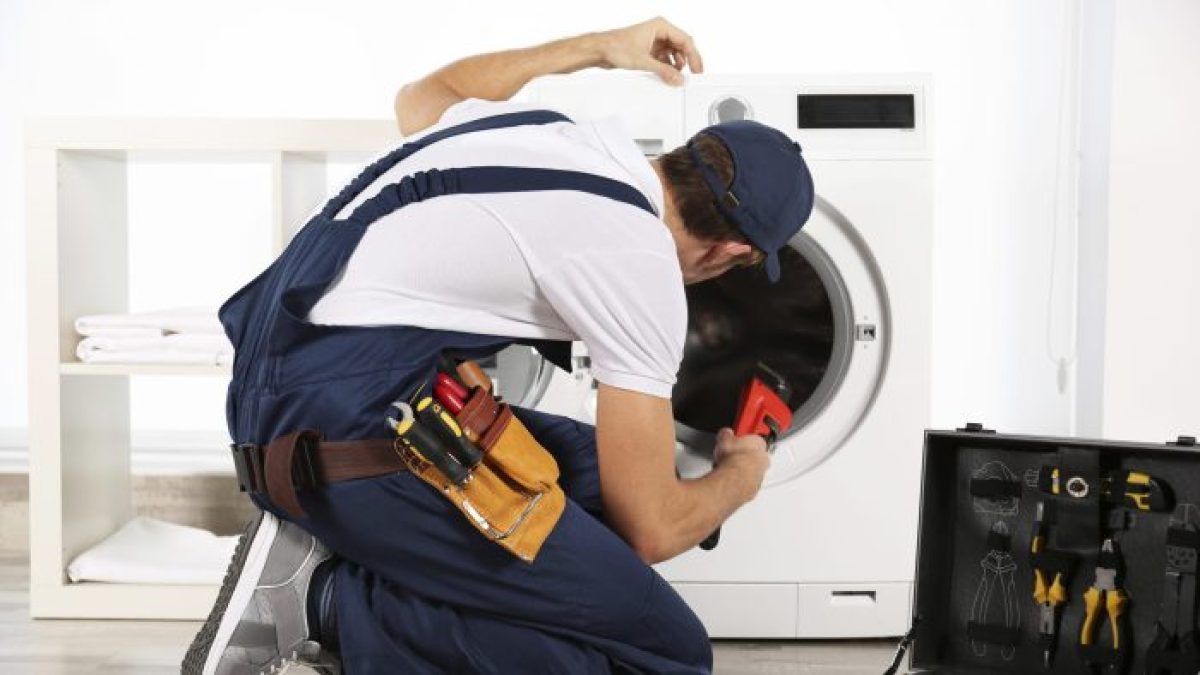Six Unnoticed Things That Destroy The Household Plumbing Appliances
Six Unnoticed Things That Destroy The Household Plumbing Appliances
Blog Article
Just how do you feel in relation to Don’t Let an Earthquake Damage Your Plumbing?

The key to long lasting home appliances, unsurprisingly, appertains maintenance. There's no set regulation that can guarantee your plumbing devices a lengthy wear, but you can stop unneeded damage and also repair work by avoiding poor plumbing habits.
You need to stop doing these 6 points else you'll keep calling your plumber over for minor faults.
Purging whatever
Yes, your commode drainpipe results in the sewage systems, however that does not imply you need to dispose simply anything down the tubes. Several 'flushable' materials are in fact terrific blockage beginners, for example floss. Asides maintaining evident non-flushable products like wires and also plastics out of your toilet, you must also prevent flushing cotton swab, menstrual items, wipes, daipers and condoms down the commode drain.
DIYing whatever
With plumbing, a stitch in time actually does save nine. You can protect against a fullblown plumbing emergency by calling your plumber at the right time.
You might have found out a few plumbing hacks from your daddy, but you should recognize where to draw the line as well as call a specialist. As an example, you may be able to deal with a clog yourself, yet you should not attempt to change a pipe. You can mismatch pipes or overtighten a screw, creating more injury and also damage than you thought. Calling a plumber is a secure as well as budget-friendly decision.
Making use of excessive drainpipe cleaner
Utilizing a drain cleaner greater than one or two times a month is a sign that something serious is taking place within your pipelines. Now, instead of facing the main issue, you opt for a quick fix; a carbonated drainpipe cleaner. Rightfully, a drain cleaner will look after the blockage, however at what expense?
The chemicals in a drainpipe cleanser can speed up the deterioration of your pipelines. Add that to whatever underlying problem is triggering the blockage as well as you may have to a major issue on your hands.
If you experience a lot of blockages, call your emergency plumber rather than utilizing a drain cleaner.
Putting grease in the sink
We understand properly getting rid of oil after a hearty meal is a pain. However just pouring it down the tubes can do long-lasting damage to your pipelines. "The fat and grease can clog your drainpipe severely adequate to require you to call a plumber," describes Dawson. "Plumbing works best when it's well taken care of-- not abused with grease."
Not transforming your dishwasher hoses
One simple way to ensure that you utilize your dish washer for many years is to replace the hose at least as soon as in 5 years. This also makes an application for washing device hose pipes.
In time, food bits, soap and oil can develop clogs within your pipelines. Changing them on schedule will protect against any type of presure build up that can damage the inner functions of your dishwasher or cleaning maker.
A reinforced steel entwined pipe does a fantastic work of extending your machine's usage time.
No wintertime precautions
Severe weather are bad for your pipelines, especially if they're made from steel. You should shield your exposed pipelines, and your water container, even if you have a water heater. You need to additionally turn off your garden tube valve as well as any other exterior water channels. These channels are electrical outlets for chilly; you pipes can begin to ice up from outdoors if you don't.
Prevent Water Damage from Plumbing and Appliances
Prevent toilet failure
Be patient after you flush and wait for the valve to completely finish refilling the tank and bowl. If an overflow looks imminent, lift off the tank cover and lift the float to shut off water flow to the tank, and then turn off the supply valve.
Twice a year, inspect a toilet’s components, such as the fill, supply, and flush valves, and the supply line. Make sure you can turn off the supply. If you have older screw type valves that are hard to turn or start leaking, consider replacing them with simpler ball valves that are easy to shut off quickly.
Inspect and maintain your water heater
Inspect your anode rod every two years, or every year once the warranty has expired, to determine if it needs to be replaced.
Flush water heater tanks every six months to remove sediment by attaching a garden hose to the valve at the base. For safety, first turn off the power and run hot water until it is cool.
Get an annual inspection from a plumbing professional including the shut-off valve and all piping. Signs of broken valves and loose or wet joints and rust are a sign that more severe damage is coming.
Maintain washing machine supply lines
Look for signs the supply hose may be ready to fail—blisters in the hose, worn tubing, stress cracks, or a loose connection.
Replace the supply hose with a reinforced steel braided hose if it shows any sign of wear.
Tighten the connection if it feels loose. The most common site of failure is near the connection where the hose bends.
Replace supply hoses every five years, even if there is no obvious deterioration or wear. Some signs of deterioration may occur from the inside out and may not be visible until it is too late. When replacing washing machine supply hoses, always choose a reinforced steel braided hose over the traditional un-reinforced rubber hose. These hoses will last longer and are far less likely to result in a catastrophic water loss.
Prevent plumbing failure
Never pour grease down the drain.
Plant trees away from lateral drain lines to prevent roots from damaging piping.
If your home’s sewer system is connected to the city’s sewer system—a particular problem for older homes—or if you are located downhill or below street level, contact a plumbing professional to install a backflow prevention assembly into your sewer system.
Call a professional if you notice signs of a plumbing problem—an increased monthly water bill, banging pipes, rust stains, moisture in the walls or on the floor, and signs of wet soil erosion near the foundation.
https://disastersafety.org/maintenance/prevent-water-damage-from-plumbing-and-appliances/

We had been shown that write-up about Don’t Let an Earthquake Damage Your Plumbing from a friend on our other site. Are you aware of somebody else who is fascinated by the niche? Take a moment to promote it. Bless you for your time. Come back soon.
Request An Estimate Report this page